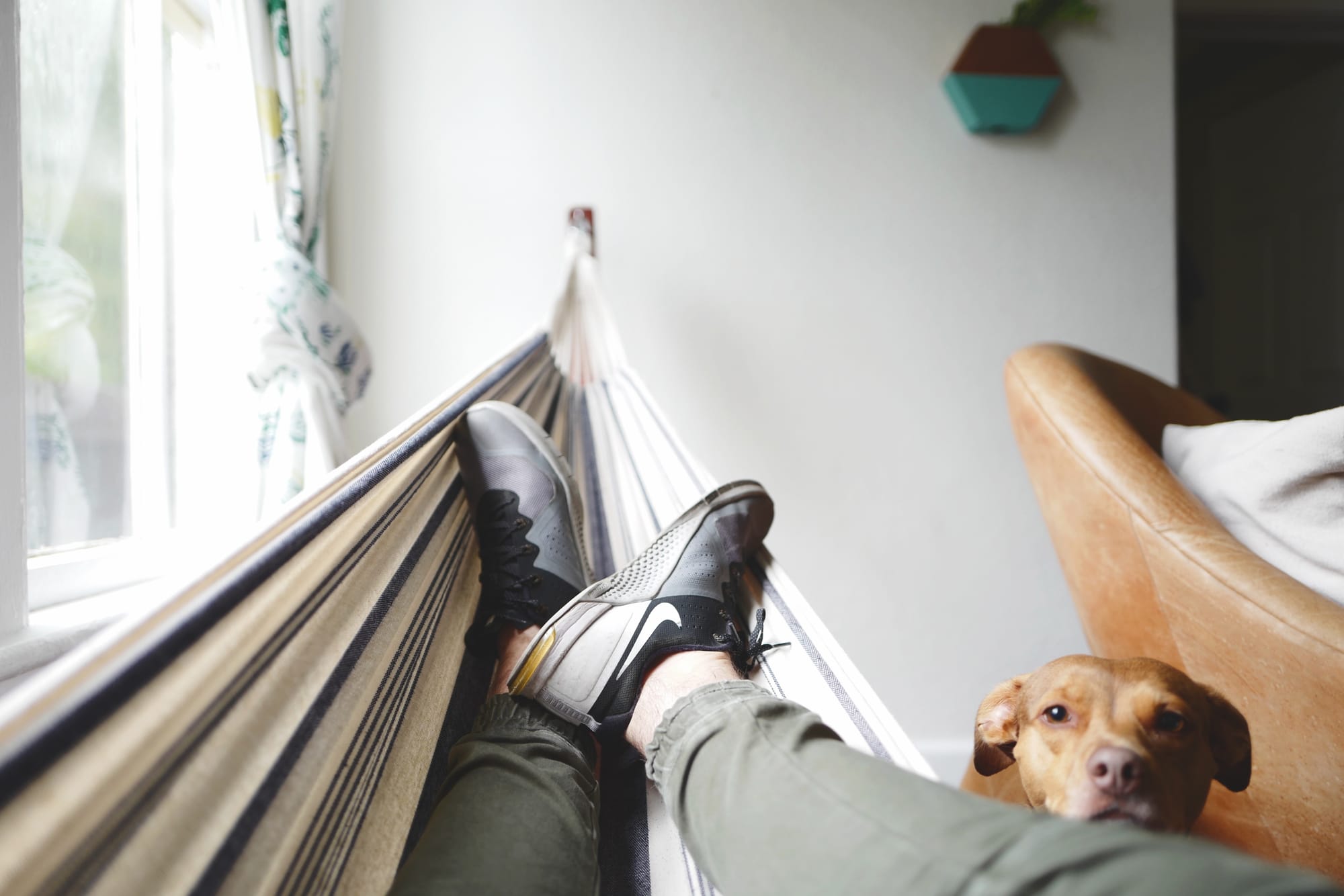
I find it difficult to switch off, sit down and rest. I love my career and I feel privileged to get to work in education - there is so much to do, and so many new and exciting opportunities, but it never really stops. There are always new and exciting articles to read and approaches to implement with my students. We are privileged as educators, that we have rest built into our year - we have term breaks, pupil-free days and professional learning days. However, it is so easy to use these 'breaks' as opportunities to catch up on work and they quickly become filled with commitments.
Taking time to rest, has always been something that I have struggled to do. Rest, which in our society often misconceives as mere idleness or laziness, is a profound and essential discipline that extends far beyond the absence of activity. Contrary to popular belief, rest isn't just about physical stillness; it encompasses a holistic approach to rejuvenation, encompassing mental downtime and emotional replenishment. According to Tomas Chamorro-Premuzic and Sunny Lee co-authors of The Science of Resting (well) "We all know that it is important to rest. Research has shown that resting is vital to humans’ mental and physical health, given its great benefits to our immune system, stress management, mood, decision-making, creativity, and work productivity." Chamorro-Premuzic and Lee continue to write that "one of the problems is the assumption that a break or rest slows us down, decreasing productivity." There is a cultural stigma to rest and we need to change this.
Rest can have several positive impacts including physical rejuvenation and healing of the body, increased mental clarity boosting cognitive function and building emotional resilience. Rest, like many things in our lives, is a discipline - a skill that we need to get better at. It is a muscle that as we train becomes stronger, but adversely, if we neglect it, it weakens. We need a mindset shift and we have to start viewing rest as a vital part of our lives. There are many different types of rest (physical, mental, and emotional) and each of them is essential to our wellbeing.
So, what do we do? How do we begin to exercise our 'rest muscles?'
1) We need to prioritise rest. I get it, we are all busy. I have two young children, a mortgage, and a family, I'm trying to do 10,000 steps a day, read more, talk less, not look at my phone and get 7-8 hours of sleep per night. It's exhausting just thinking about it. One of the things that I have learnt is that unless you schedule something it doesn't happen. Every week my wife and I sit down with a cup of tea and talk about the week ahead.
Here are a few questions to ask:
- What do you need this week?
- How can you schedule time in your calendars for rest?
Practical tips:
- Schedule reoccurring "rest" times in your calendar.
2) We need to Incorporate micro-rest moments. Our lives are busy. We may not always get long periods of sustained rest each week. With my two, strong-minded children I am lucky to get minutes to go to the bathroom. What we can do though is create 'micro-rest moments' in our day. This could be a walk around outside at lunch or a quick bite to eat between meetings.
Here are a few questions to ask:
- How can I schedule micro-rest breaks in the day?
- How do I want to feel at the end of the day or week?
Practical tips:
- Create buffers between your commitments.
3) We need to stop doing things that deplete our energy. I struggle to put my phone down - and I think I have a problem. I think I am being productive - checking emails (on holiday!) searching Twitter (or X) for that article that is going to help 'countless educators' and reposting on Instagram. The truth is, I am addicted and I don't have the self-control to stop scrolling. It drains me and it takes away from those that matter most - so, I've deleted them from my phone. We need to have an honest, and confronting conversation about what drains us and how we can make more time for what matters most.
Here are a few questions to ask:
- What am I currently doing that is draining my energy?
- What refreshed me?
Practical tips:
- Create a stop-doing list. What are the things that you are no longer going to engage in this year?
We have covered a lot today.. We have talked about the transformative power of rest, the importance of prioritising rest, the significance of micro-rest moments and how we need to limit those things that deplete our energy. It is not easy, and it won't be perfect but I encourage you this year to be intentional about rest and rejuvenation - there is too much at stake
A few helpful tools
🎙️ Podcasts to listen to:
The Deep Life Podcast: Cal Newport: Why are you so tired?
The Art of Teaching Podcast (shameless plug!): David Allen: The Getting Things Done (GTD) the art of stress free productivity.
✍️ Quotes to ponder:
"Sleep is the greatest legal performance-enhancing drug that most people are probably neglecting." - Matthew Walker: Why We Sleep
“Develop the habit of letting small bad things happen. If you don’t, you’ll never find time for the life-changing big things.” ― Cal Newport: Deep Work: Rules for Focused Success in a Distracted World
"The average human lifespan is absurdly, insultingly brief. If you live to be 80, you’ll have had about 4,000 weeks. But that’s no reason for despair. Confronting our radical finitude – and how little control we really have – is the key to a fulfilling and meaningfully productive life." - Oliver Burkeman: Four Thousand Weeks
📚 Articles to read:
Caroline Zielinski: The art of rest and relaxation: is doing 'nothing' actually restorative?
Harvard Business Review: Making the Most of “Slow Time”
💻 Websites to visit:
Cal Newport: https://calnewport.com/
Oliver Burkeman: https://www.oliverburkeman.com/
👤 People to connect with:
Asociate Professor Sunny Lee
Dr. Tomas Chamorro-Premuzic
Thoughts on rest.
Genuine rest is an active and deliberate practice that nurtures the mind, body, and soul. It's a state of being that fosters renewal, enabling individuals to recharge, heal, and flourish. Rest involves intentional pauses, allowing oneself to step back, reflect, and refuel.
